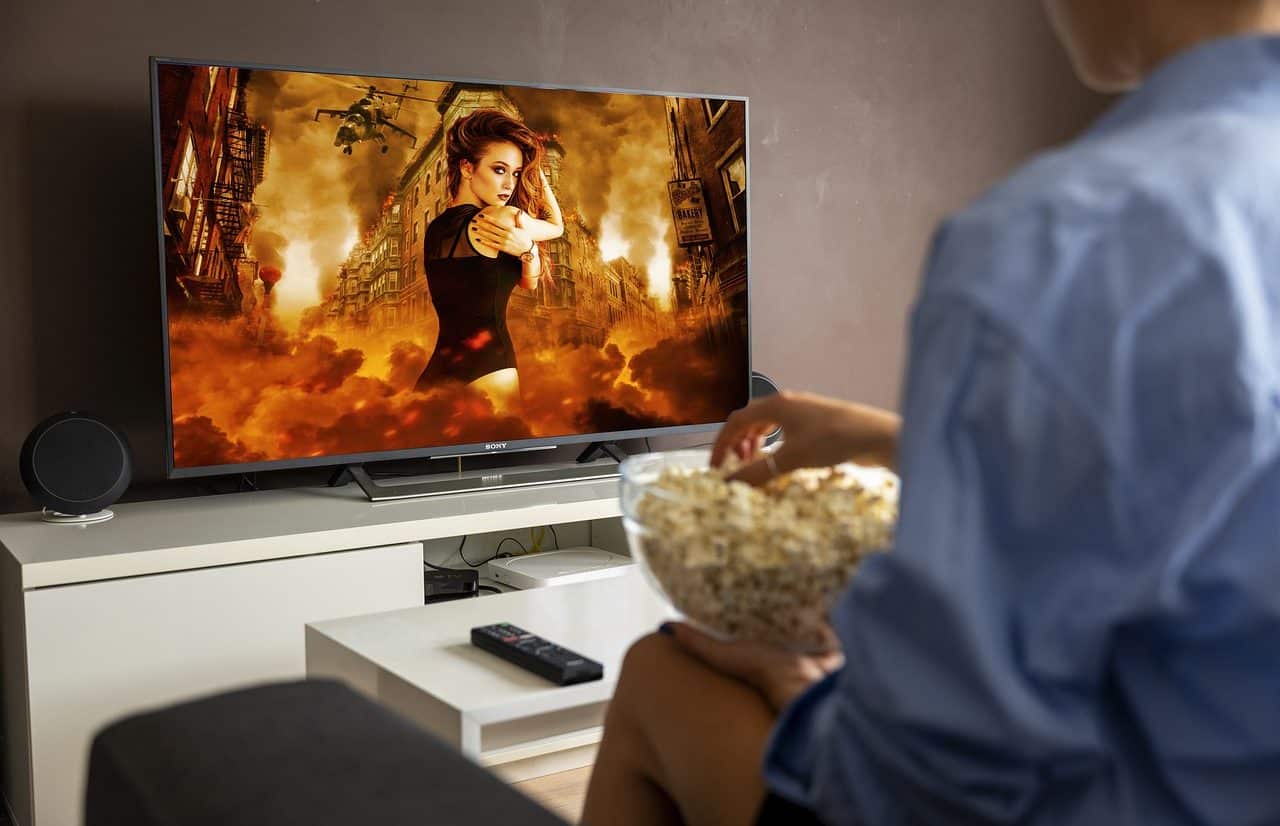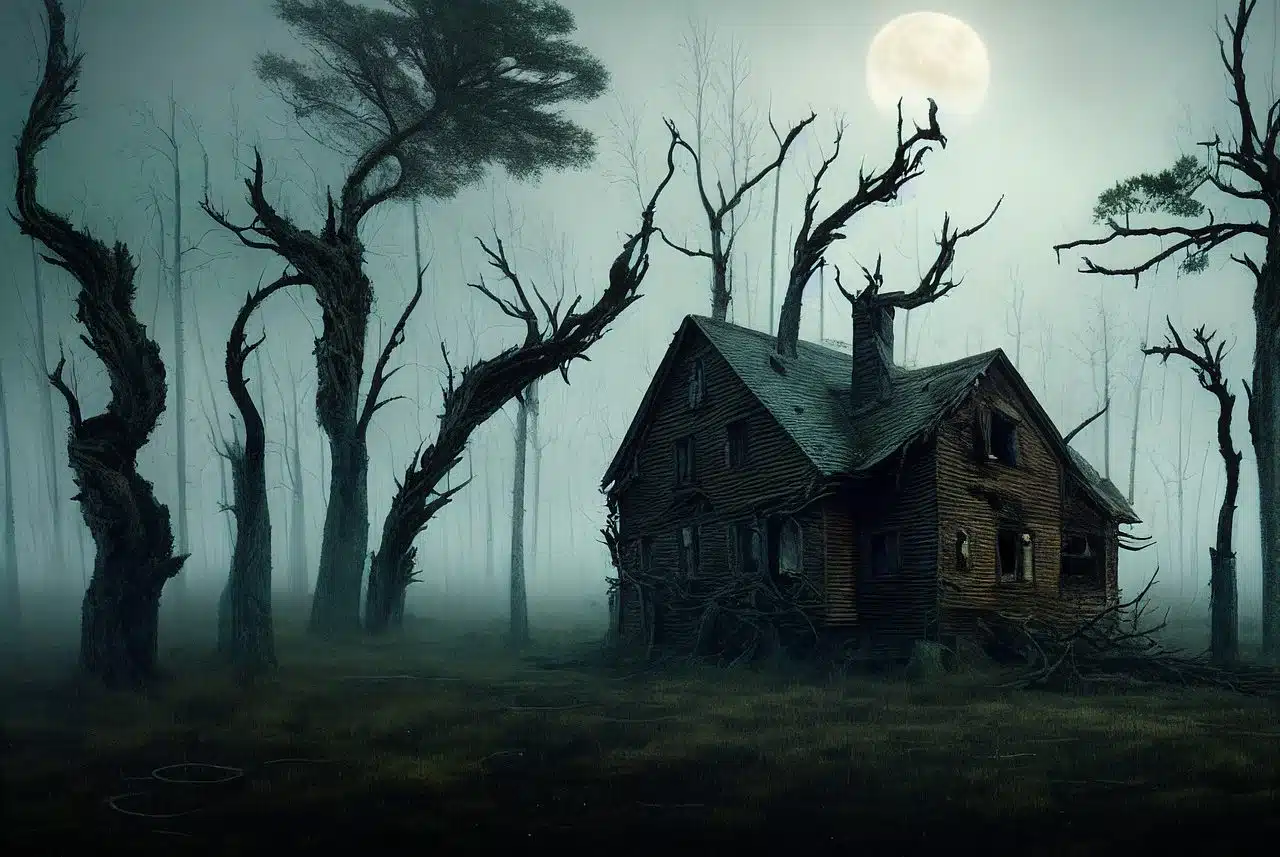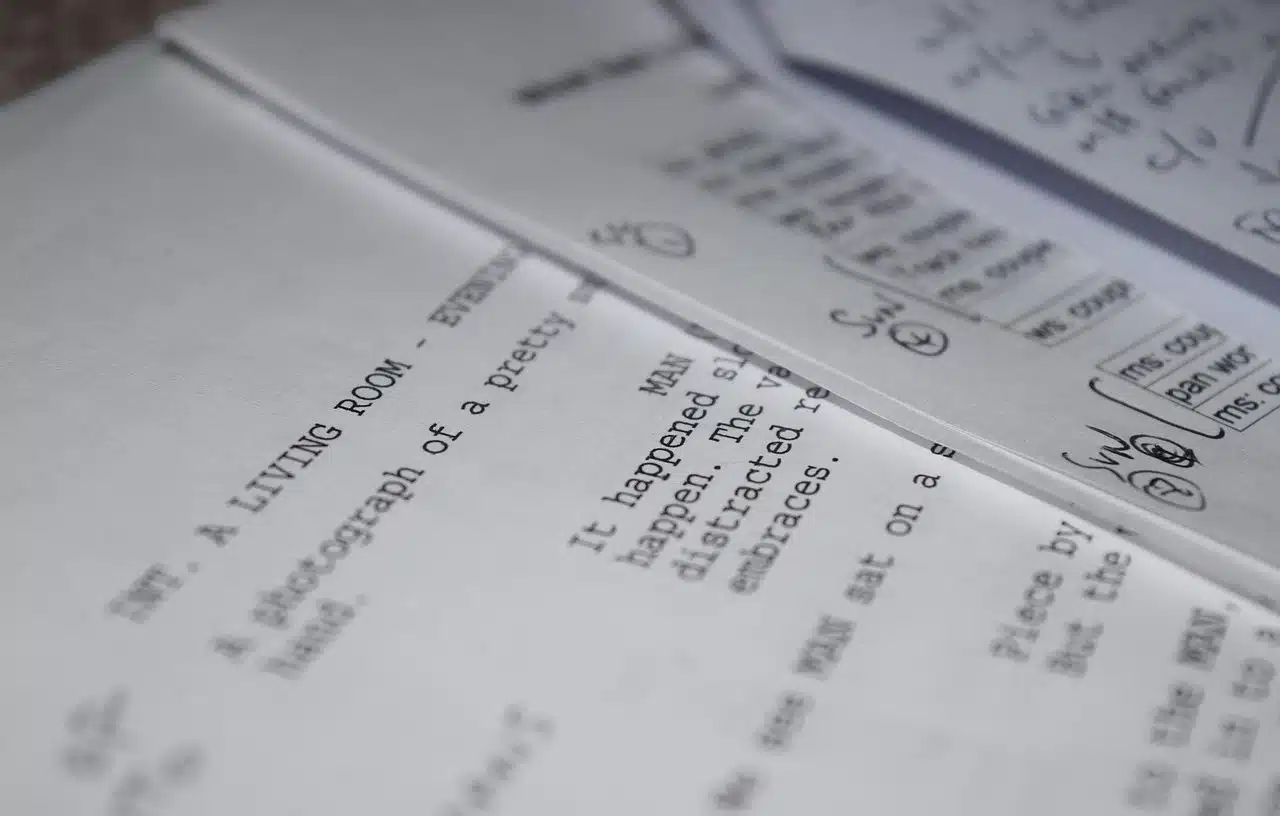
Clichés are based on convention.
A cliché is a structured expression that is repeated on different occasions . This is what is known as a commonplace : a trivial phrase or idea, frequently used in analogous cases.
Clichés - also known as cliches - are truisms or stereotypes that, due to their repetition , lose their capacity for impact or surprise. It can be an oral expression, but also another type of speech : a cinematographic scene, a photograph, etc.
Cliché example
An example of a cliché is the loss of memory by the protagonist of a soap opera . On numerous occasions throughout history, the authors chose this resource to generate conflict in the plot. The heroine of the soap opera may suffer a blow to the head that causes amnesia and thus stops recognizing her lover, to cite one possibility. The gallant, faced with this situation, strives to help his wife recover, in the hope that this way he can regain her love. The cliché usually includes a miraculous recovery or one motivated by some emotional situation.
As can be assumed from the aforementioned example, considering something to be a cliché depends on the time and context. At first, the resource of making the protagonist lose her memory could be shocking. At the same time, if that same device is used now in a horror film, it may not be so obvious or predictable.

The haunted house as a typical setting for a horror story is a cliché.
Its characteristics
It can be said that a cliché is a cliché . It is something hackneyed and trite that, because it is repetitive, becomes a formula or an archetype.
Clichés appeal to conventionalism . They usually resort to a generalization or simplification that resembles a caricature .
In American action films of the 1980s, for example, it was common for the villains to be Russian or Chinese . This construction is linked to political and social factors of the time. It was a cliché to watch a grim-faced Soviet villain trying to carry out an evil plan while an American hero risked his life to stop it.
Today that cliché is no longer so common in mainstream Hollywood cinema. However, if a Latino character appears, it is very likely that he or she will be a drug dealer or someone living on the margins of the law. A prejudice can be seen in this decision by the filmmakers.
The cliché, in short, is associated with a habitual categorization or a generality that is based on an exaggeration . By becoming a very popular model or paradigm, it often approaches parody .

A script with clichés follows already proven rules or norms.
The cliché and its dependence on context
This characteristic of the cliché, which makes it so little tangible and so dependent on the social and historical context , often leads to incorrect interpretations. Just as the era and the observer affect the meaning of a cliché, or even the mere consideration of a situation as such, by taking it outside its geographical location it may happen that the cultural resources to analyze it are insufficient.
In this sense we can say that clichés are similar to jokes: the same story can seem offensive in one era and funny in another, and in the same way it can only be interpreted in certain parts of the world, where the necessary symbols and concepts exist. .
The story of someone who cheats on their partner and is discovered in a compromising situation can be a cliché in many Western countries, and may even be funny to the interlocutors, while in other parts of the world it can be unacceptable behavior and punishable by death.
Its usefulness
It must be taken into account that clichés can be useful to establish a connection or generate complicity with the interlocutor or the viewer/listener since they provide a framework of predictability and comfort that may be irresistible.
Precisely, given that the interlocutor has the tools to predict a cliché, sometimes this resource is sought to bring him closer to the plot, get him to relax and lower his guard and then "attack" him with some unpredictable event . Returning to the case of horror stories, this dynamic is also common today and has the purpose of making the individual think that the protagonists are safe, that the danger has already passed, and then surprise them with a new unexpected threat.
The cliché in everyday life
In everyday life we can also speak of cliché to describe some situation that we consider absurdly predictable .
For example, if two people are chatting about a problem that a third person has and their situation is considered typical, one of the two may say that it is a cliché. Just as it occurs in the art world, in this case the use of this term indicates a certain contempt for the condition of the protagonist.
